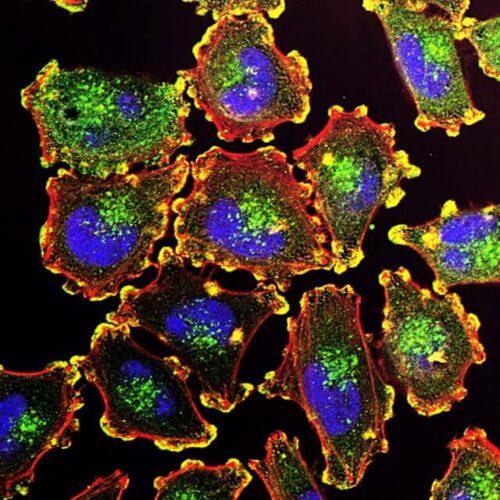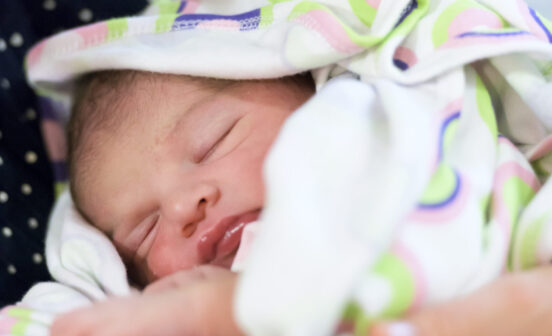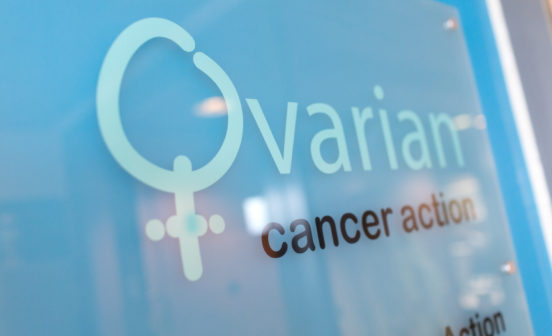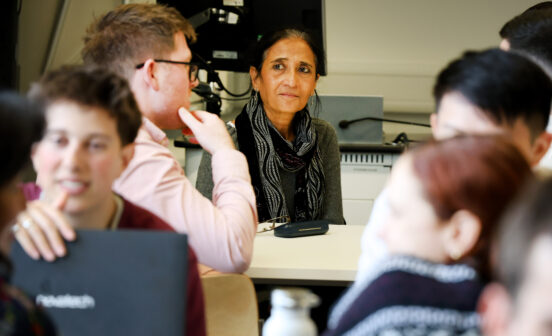PartnershipPreventionTherapeutic Gut damage from radiotherapy could be predicted by microbiome
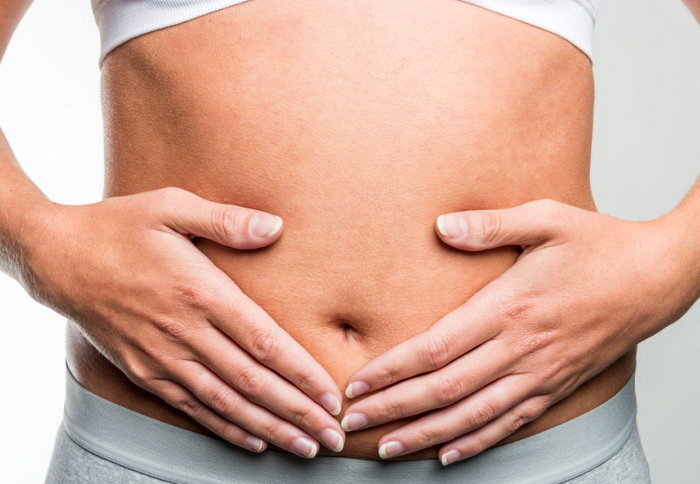
Scientists have conducted the first clinical study to show a link between types of gut bacteria and radiotherapy-induced gut damage. Taking a ‘fingerprint’ of the mix of bacteria in the gut can indicate how susceptible individual cancer patients are to gut damage as a result of radiotherapy for prostate and gynaecological cancers, the new study shows. Researchers showed that having a reduced diversity of gut bacteria was associated with an increased risk of both immediate and delayed damage to the gut following radiotherapy. If patients at higher risk of gut side effects could be identified before radiotherapy, they could be given procedures such as faecal transplants to treat or even prevent damage.
A team at The Institute of Cancer Research, London, and Imperial College London studied the bacterial fingerprint and faecal samples of 134 patients from The Royal Marsden NHS Foundation Trust at different stages pre and post radiotherapy to the prostate and pelvic lymph nodes. Their study, published in Clinical Cancer Research, aimed to see if there was a difference in the combination of gut bacteria among patients who suffered gut damage following radiotherapy compared with those who didn’t.
The gut microbiota contains the largest number of ‘good bacteria’ in the human body, playing a vital role in helping digest food and keep the digestive system healthy. Each person has a different bacterial microbiome that is unique to their gut, like a bacterial fingerprint. The researchers were interested in assessing the role the microbiota plays in patients’ response to radiotherapy – given that around 80 per cent of patients report a change in bowel habit after pelvic radiotherapy, and that 10 to 25 per cent have significant, long-term damage to their gut which impairs their quality of life. Damage to the gut can often lead to bleeding, diarrhoea, abdominal pain, nausea and weight loss, and can occur both early (during or shortly after radiotherapy), or late (from around three months afterwards).
The researchers found that patients who had a high risk of gut damage had 30-50 per cent higher levels of three bacteria types, and lower overall diversity in their gut microbiome, than patients who had not undergone any radiotherapy. This suggests that patients with less diverse gut microbiomes and high levels of the bacteria – Clostridium IV, Roseburia and Phascolarctobacterium – are more susceptible to gut damage. The researchers also believe these patients may require more ‘good bacteria’ to maintain a healthy gut – and so may be more susceptible to side effects when these bacteria are killed by radiation.
The new research is the first to explore the protective effects of the microbiome in people and at preventing the late effects of radiotherapy. The next stage will be to explore whether it is possible to treat or prevent gut damage in people with high-risk microbiome fingerprints – potentially by giving them faecal transplants, or by altering the dose of radiation given. The research was funded by the NIHR Imperial Biomedical Research Centre, NIHR Biomedical Research Centre at The Royal Marsden NHS Foundation Trust and The Institute of Cancer Research (ICR), and the Calouste Gulbenkian Foundation.
Article written by Kate Wighton. ©Imperial College London

